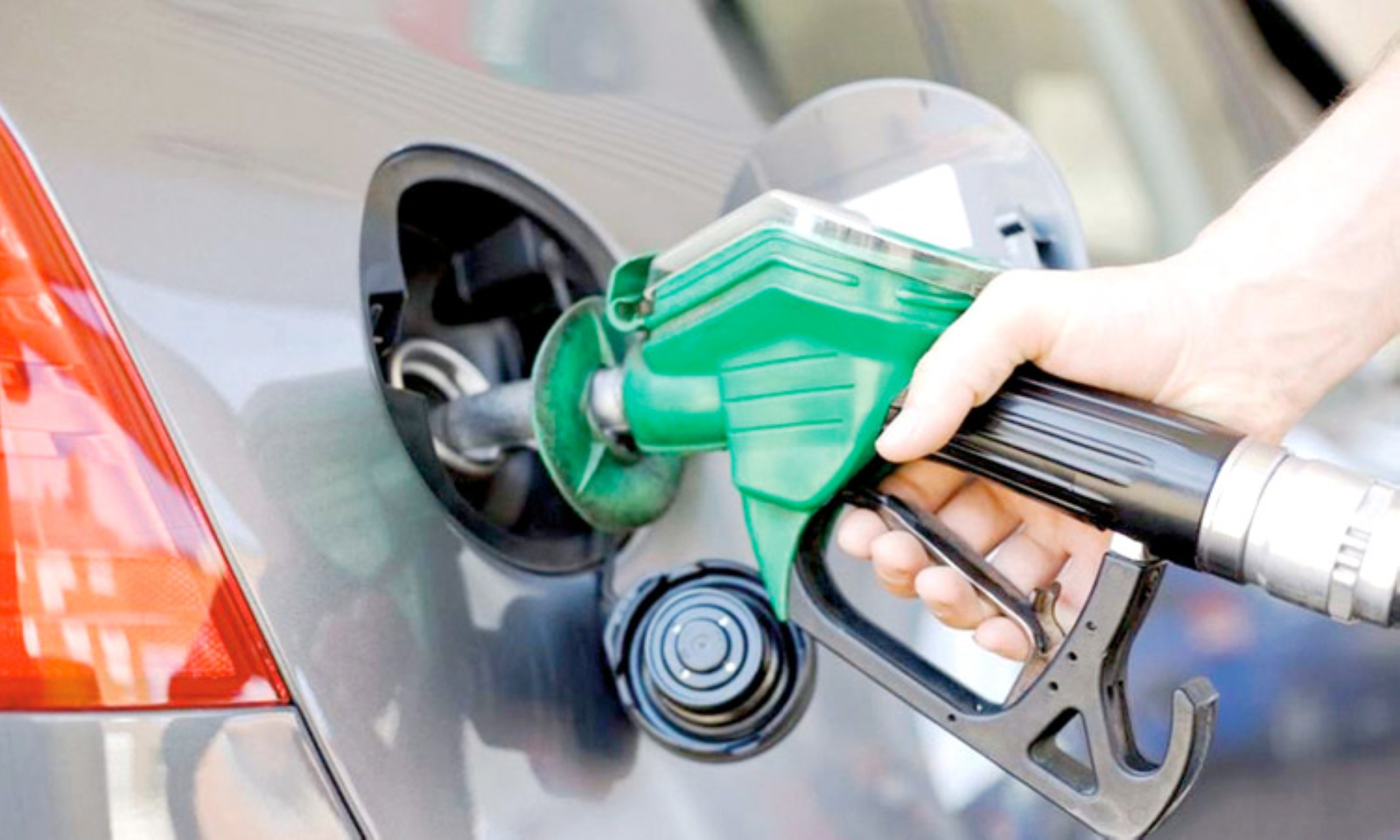UAE Fuel Prices for July 2025: A Comprehensive Overview
In a significant update reflective of market trends, the UAE Fuel Price Committee has announced the fuel prices for the month of July 2025. The adjustments in pricing are poised to impact various sectors, from transportation to logistics, thereby influencing the broader economic landscape of the nation. The approved rates are as follows: diesel is set at Dhs 2.63 per liter, Super “98” at Dhs 2.70 per liter, Special “95” at Dhs 2.58 per liter, and E-Plus “91” at Dhs 2.51 per liter.
The pricing of fuel is a critical indicator often used to gauge economic health and consumer behavior. For the UAE, which is widely recognized for its vast oil reserves and as a key player in the global petroleum market, these price adjustments resonate significantly across various realms of daily life and business operations. The relatively stable pricing of petrol and diesel in the UAE has traditionally allowed its citizens and residents to enjoy affordable fuel, which contributes to the nation’s high standard of living.
Understanding Fuel Pricing Mechanisms
The UAE’s fuel pricing is derived from a regulatory framework that considers the global oil market’s fluctuations, economic forecasts, and logistical costs. Monthly price reviews by the committee, which incorporates representatives from several ministries and oil companies, facilitate transparency in how fuel costs are determined. This systematic approach allows for a more adaptable economic strategy, reflecting real-time changes in the global crude oil prices while also ensuring consumer interests are safeguarded.
The recent figures for July 2025 indicate a minor fluctuation from previous months, suggesting a stabilization period in the oil market. Such consistency can be beneficial for budget-conscious consumers and businesses alike, providing predictability in operational costs. Moreover, it alleviates some of the economic pressures that could arise from volatile international oil prices, especially in today’s geopolitical landscape, where oil supply chains are often influenced by a myriad of factors, including political unrest and environmental policies.
Implications for Various Sectors
The proposed fuel prices are anticipated to have a ripple effect across multiple sectors, impacting not only daily commuters but also businesses reliant on transportation. In the transportation sector, logistics firms will need to navigate these fuel prices strategically, incorporating them into their pricing models to maintain profit margins while remaining competitive. Additionally, as the UAE continues to diversify its economy away from oil reliance, the cost and availability of fuel will play a vital role in fostering ambitions within emerging sectors such as tourism and technology.
Moreover, for families and individuals, the update on fuel prices implies that budgeting for transportation and other fuel-related expenses will become increasingly crucial. The diverse options available in fuel specifications—ranging from diesel to various grades of petrol—allow consumers to choose according to their economic comfort and vehicle requirements.
Environmental Considerations and Future Outlook
The relevance of fuel pricing also extends into environmental conversations surrounding sustainable energy solutions. With the UAE making strides toward achieving carbon neutrality by 2050, the dynamics of fuel pricing could influence the adoption of alternative energy sources. As the government invests in electric vehicles (EVs) and renewable energy projects, rising or reduced fuel prices may act as a catalyst for promoting greener solutions within the transport sector.
In the backdrop of the pricing announcement, stakeholders are keenly observing how these changes will align with the UAE’s developmental goals. As the region continues to take meaningful steps towards economic diversification and sustainable development, the implications of fuel costs will remain a focal point for both public and private sectors.
Conclusion
In summary, the announcement of the fuel prices for July 2025 represents more than a mere adjustment of numbers. It encapsulates a broader economic narrative in the UAE, reflecting the delicate balance between global oil market dynamics and domestic consumer behavior. As residents adapt to these changes and businesses recalibrate their strategies, the ongoing evolution in fuel pricing will undeniably play a pivotal role in shaping the UAE’s economic future.
Tags: #EconomyNews #BusinessNews #UAE

